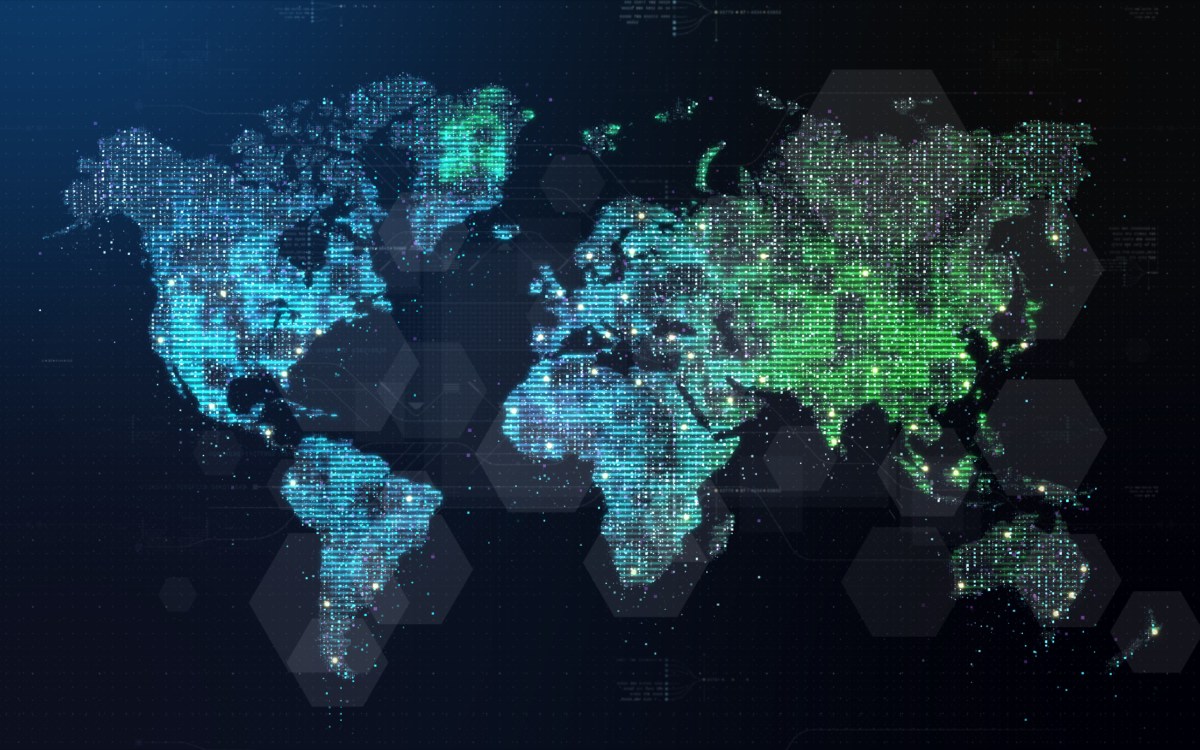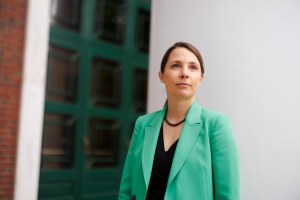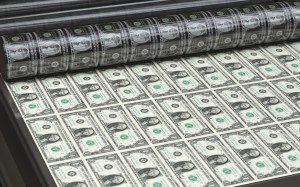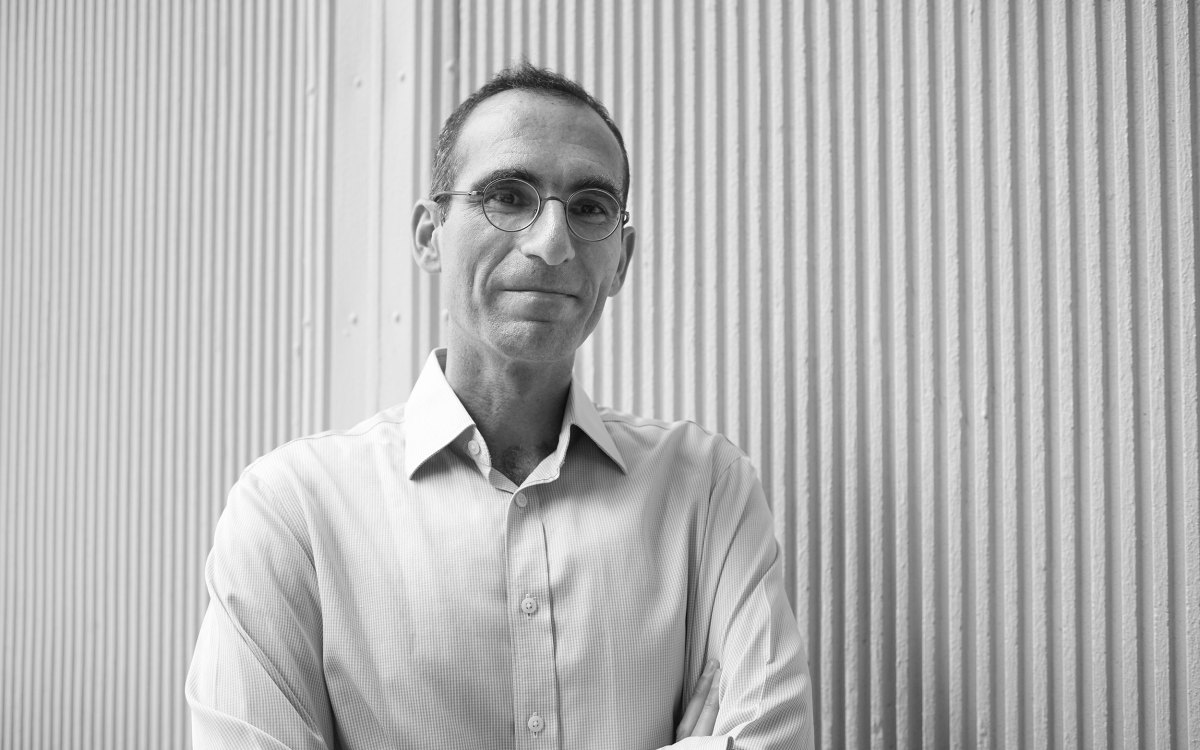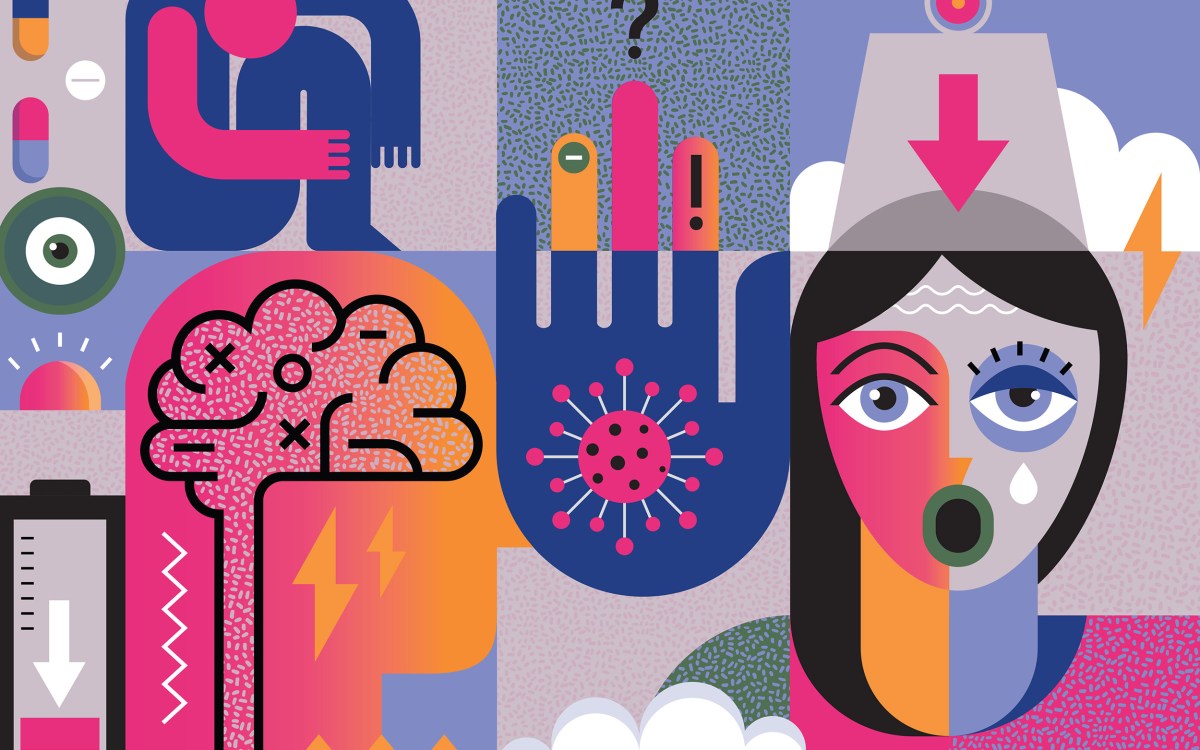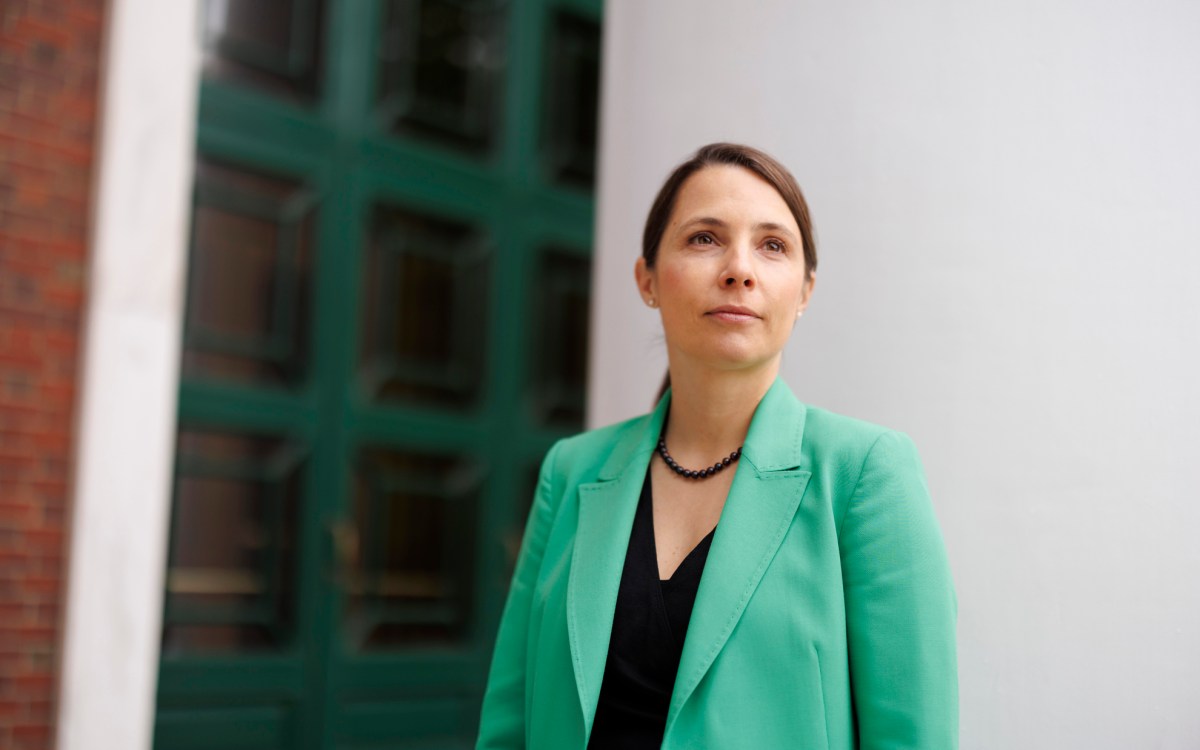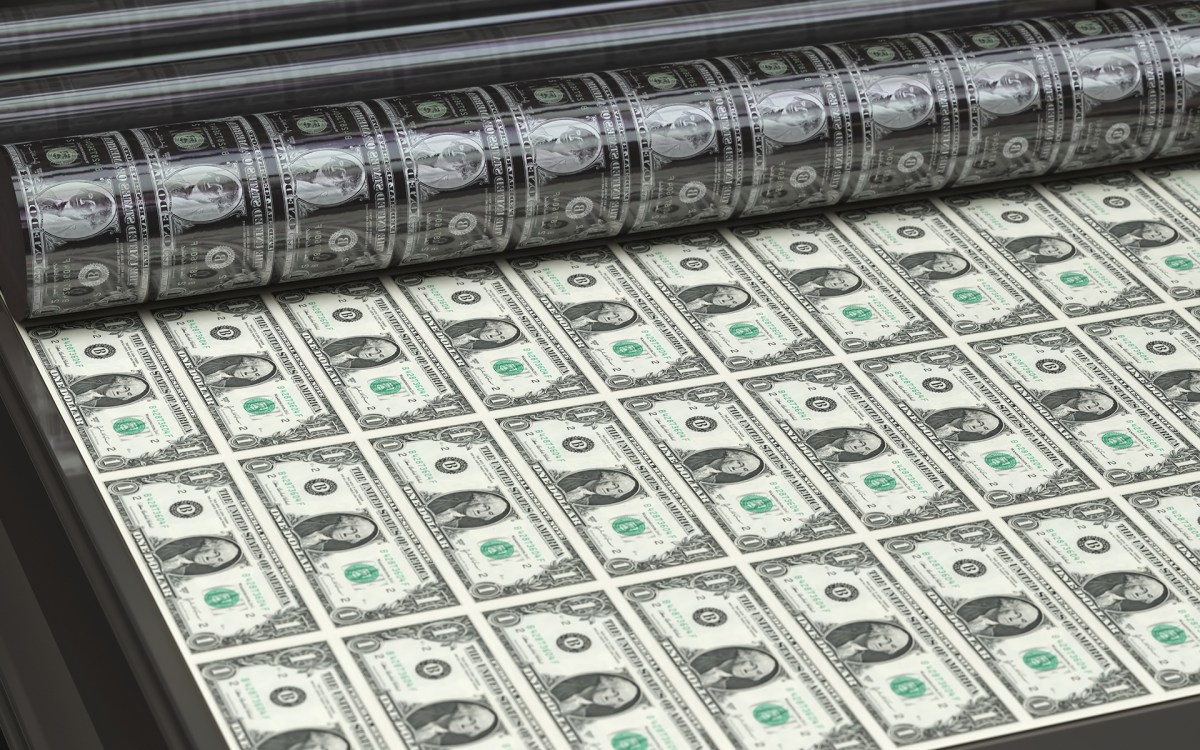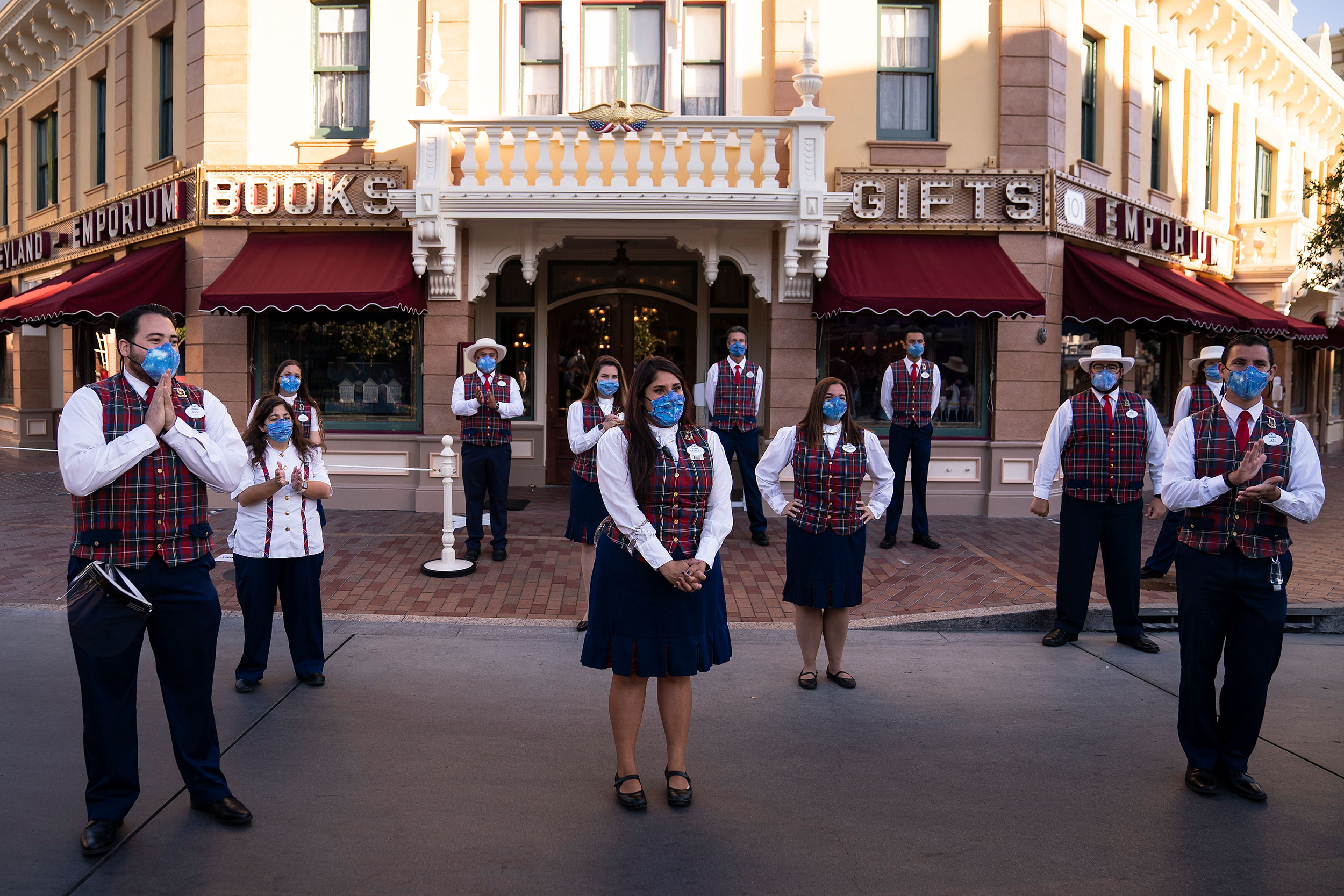
During a meeting at Disneyland in Anaheim, California, employees wear masks and stand socially distanced. The Disney Co. has a comprehensive approach to COVID and its employees’ well-being.
AP File Photo/Jae C. Hong
Tying COVID information to worker — and employer — well-being
Disney Co. is model for other employers when it comes to COVID, forum finds
The array of interconnected forces and relentless uncertainty unleashed by the coronavirus pandemic has profoundly tested people’s physical and mental health over the last 19 months.
Now, as many Americans who adapted to remote work begin returning to pre-pandemic workplaces, the expected anxieties over what lies ahead are running headlong into the delta variant surge, reigniting panic about being indoors and in close contact with others. The U.S. recorded more than 911,000 new COVID-19 cases for the week ending Aug. 15, according to Washington Post tracking data, a caseload is as high as it was in January, just after adult vaccinations began in earnest.
“I think all of us are realizing that there is no way that we are going back to the workplace the way it was before March 2020,” said Glorian Sorensen, a professor of social and behavioral sciences at Harvard T.H. Chan School of Public Health and director of the Harvard Chan Center for Work, Health and Well-Being, during a talk Tuesday about the social, psychological and organizational challenges with which workers and employers are contending.
For many, the pandemic laid bare economic and racial disparities, as well as the outsized share of childcare duties that women often bear in addition to their work. These are significant daily pressures that will continue to affect worker well-being even as the public health dangers of the virus recedes, while employers are balancing a complicated set of economic, legal, and ethical responsibilities amid political and social divisions over vaccination policies and mask-wearing.
One company at the forefront of handling these issues is the Walt Disney Co., which has a comprehensive approach to COVID, noted moderator John Quelch, a former Harvard Chan School and Harvard Business School professor and now dean of the Miami Herbert Business School at the University of Miami.
“Our focus is really on educating our [employees], supporting them and their needs …,” said Pam Hymel, chief medical officer for Walt Disney Parks and Resorts (far right). Hymel was joined by Glorian Sorensen (left) and moderator John Quelch.
Rose Lincoln/Harvard Staff Photographer
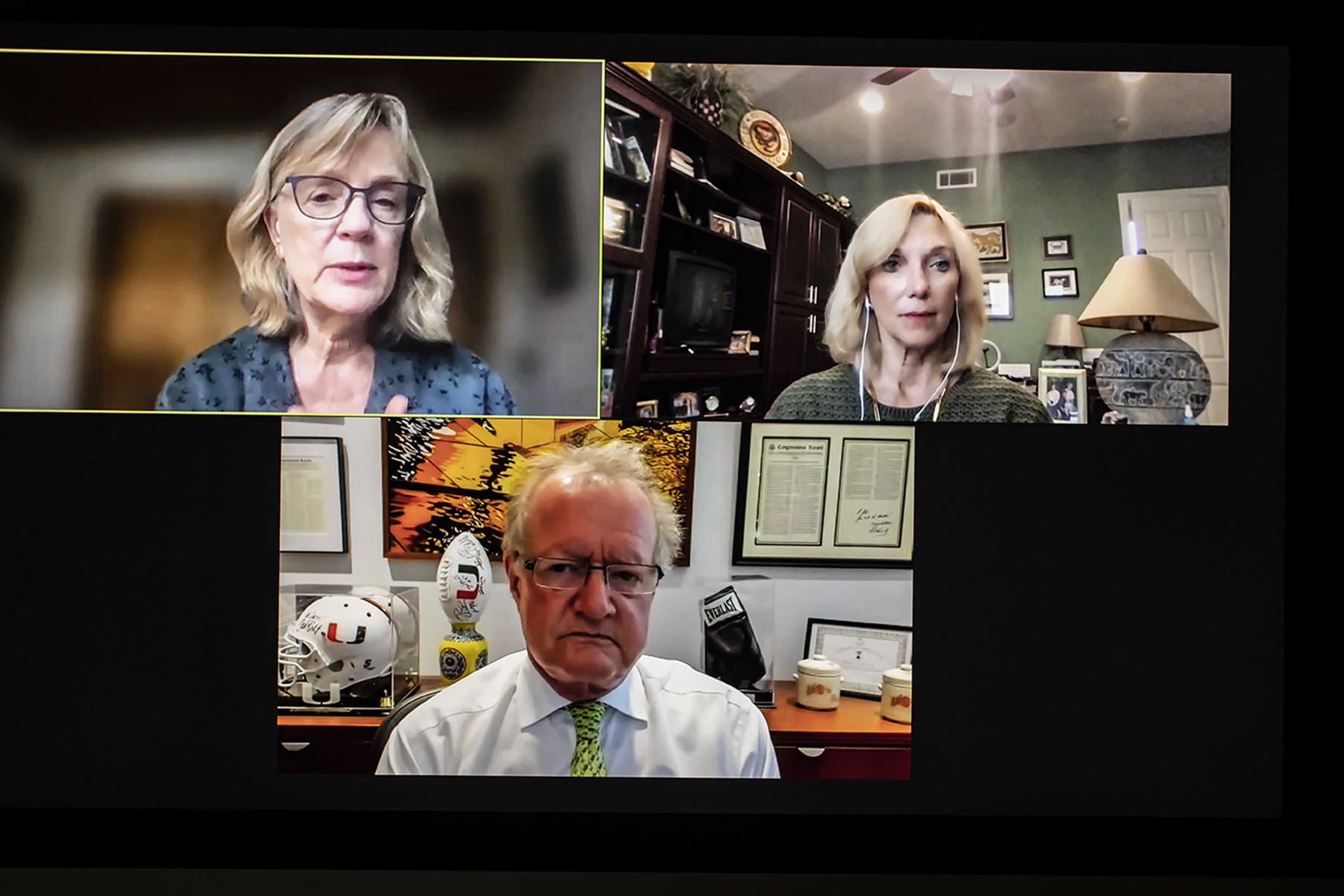
As a global firm that includes 16 theme parks, hotels, adventure travel businesses, and cruise ships operating in COVID hot spots around the world, including China, the U.S., and Europe, Pamela Hymel, chief medical officer for Walt Disney Parks and Resorts, said Disney became aware of the public health and safety dangers posed by coronavirus in January 2020, and closed its Shanghai and Hong Kong parks not long after. Eventually, all Disney parks and tourism businesses were shut down for a time.
Since reopening many parks last year, the company has been working closely with local, state, and federal public health officials to implement safety, medical, and operational practices and standards “in a science-focused way,” said Hymel.
Because of the evolving understanding of the virus, and sometimes-conflicting messages about mask-wearing and vaccinations from official sources, like the Centers for Disease Control and Prevention and the White House, as well as from unofficial sources, like cable TV and social media, has made staying abreast of scientific advances — and then making sure employees are well-informed — a critical part of Disney’s well-being strategy.
“Our focus is really on educating our [employees], supporting them and their needs, making sure that they have the information not only on what we want them to do, but why we want them to do it. And then, how these actions really help protect not only their health and safety, but how it can also protect that of friends and families,” said Hymel.
Earlier this month, Disney instituted a mandatory vaccination policy for all salaried and non-union workers and re-implemented mask-wearing for employees and visitors, even those who are fully vaccinated.
Looking ahead, Sorensen said the pandemic has had some positive effects, highlighting the importance of worker health, safety, and well-being to a business’s survival, and how employers can play a leadership role “building a culture of health for their own workforce.”
“Without healthy employees, the business mission is not going to be able to move forward,” she said. “It’s now time to really make this a priority, figure out how to engage workers in this process, and shift some of the resources to really look at how to do that.”
Employers can also use this time to think about their organizational resilience, Sorensen added.
“One of the things we’ve learned is that there’s a need for anticipatory planning, some prevention actions in advance that will allow the organization to build toward resilience … understanding that preventive practices provide a framework for some of the ways to move forward.”
